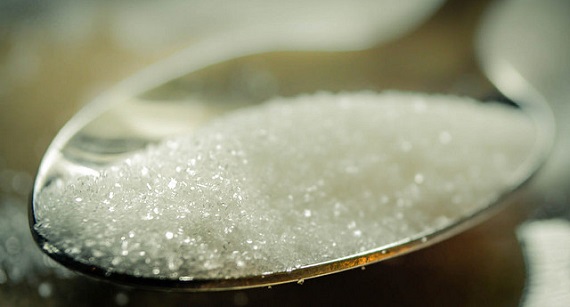


Australia's most comprehensive organic and natural directory
Blog / Beverages
15 Aug 2016All About Xylitol

Sugar-free and low-carbohydrate diets are all the rage these days as more people are discovering how bad sugar is for our health and how much better they feel by cutting it out. However, it’s very difficult to live with bitter coffee and without the odd sweet treat so natural sugar alternatives are in high demand.
Xylitol is one of the most popular and convenient sugar replacements because it looks like sugar, tastes like sugar, doesn’t have a bad after taste and it can be used in the same ratio as regular sugar (i.e. 1:1). Xylitol is categorised as a sugar alcohol because it is made up of a sugar molecule and alcohol molecule, but it is not the type of alcohol that causes intoxication and it is completely safe for alcoholics.
Xylitol is a naturally occurring substance that is found in certain fruits and vegetables and is even made in small amounts in the human body. The granular xylitol is processed from plants like the birch bark tree, corn and others.
What makes xylitol different is that it contains no fructose, doesn’t raise blood sugar or insulin by a noticeable amount, contains 40% less calories than sugar, and it has a low glycaemic index of 7. It is generally safe for people with diabetes, insulin resistance or those wanting to lose weight. However, some experts believe that xylitol will still cause a slight rise in blood sugar and may not be suitable for those wanting to break a sugar habit completely.
Studies show that xylitol boosts dental health and prevents cavities because the bacterium that causes tooth decay, Streptococcus mutans, feeds on sugar but it cannot survive on xylitol. By replacing sugar with xylitol, using xylitol toothpaste, mouthwash and chewing gum you are removing their food source and leading them to ingest xylitol instead which blocks their metabolism and leads to death.
It is very important to note that xylitol is not safe for dogs and they should not consume it under any circumstances. When dogs consume xylitol their body mistakes it for sugar and this causes the liver to start pushing out insulin into the blood stream. In turn the cells begin taking up glucose from the blood stream and this leads to low blood sugar and can be fatal. Excess xylitol consumption has also been linked to liver damage and liver failure in dogs.
Xylitol is typically well tolerated but some people may experience digestive symptoms if they consume too much of it. Start by consuming it in small amounts and ramp up slowly to avoid these symptoms. If you have IBS or an intolerance of FODMAPs, then it is best to avoid xylitol and look for a more suitable natural sweetener.
It is advisable to buy organic, non-GMO xylitol that is made from corn or birch bark. Even though it may be cheaper, avoid xylitol that is made from GMO corn as this is not good for health or for the environment.
Sources
https://authoritynutrition.com/xylitol-101/
http://janeshealthykitchen.com/xylitol-pros-and-cons/








